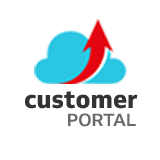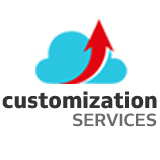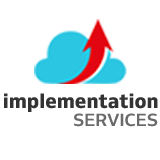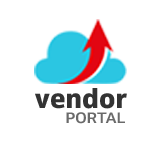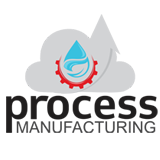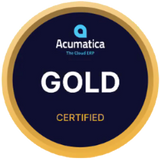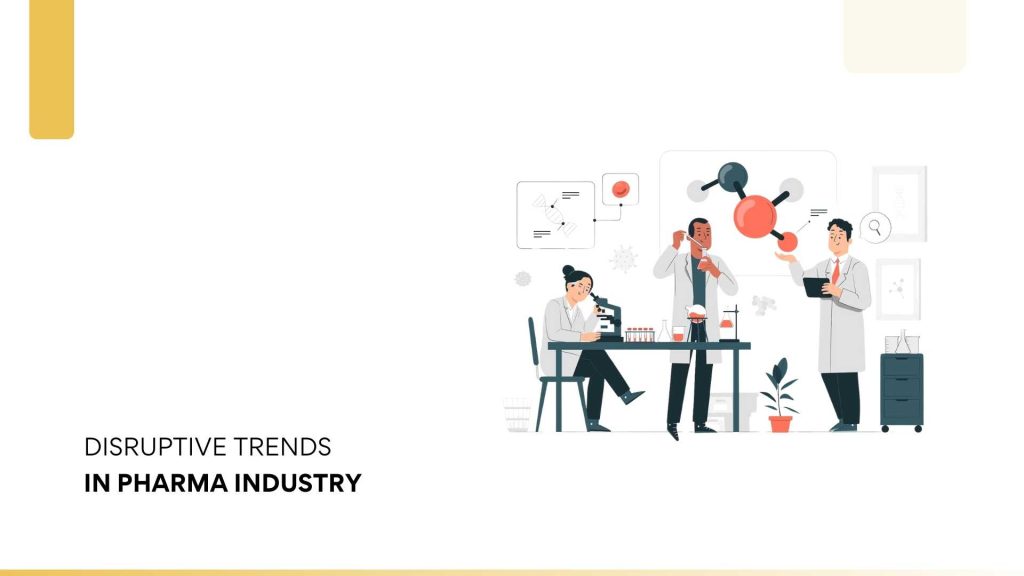The pharmaceutical manufacturing industry is a cornerstone in healthcare, serving as the engine behind the creation, production, and distribution of life-saving medications and treatments. With a commitment to scientific innovation, rigorous quality standards, and an unwavering dedication to improving global health, this industry operates at the intersection of science, technology, and human welfare.
Its vast scope encompasses synthesizing diverse drugs, vaccines, and therapies, driven by stringent regulatory protocols and constantly pursuing breakthroughs to address various medical conditions. Amidst rapid advancements in biotechnology and pharmaceutical sciences, this sector plays a pivotal role in shaping the landscape of modern medicine, catering to the ever-evolving healthcare needs of societies worldwide.
Trends affecting the pharmaceutical industry:
Supply chain challenges: The pharmaceutical supply chain faces labor shortages, travel restrictions, and technological bottlenecks.
Artificial intelligence: AI technologies and big data transform R&D, clinical, and commercial approaches. AI can assist in making clinical trials more efficient, quickly bringing new treatments to the market, and maintaining patient safety.
Drug development: Since the pandemic, drug developers have experienced disruptions in the clinical trial process. Innovations, strategies, and technologies can help meet these challenges.
Blockchain technology: Blockchain technology can help set up efficient production and distribution of medicines. It can also help with data analysis and improve drug development results.
Digital health technologies: Patients can monitor their health remotely through telemedicine and wearables. This technology will also provide valuable data for pharma companies to develop more effective treatments.
Environmental and social issues: Consumers and governments demand ESG practices. Pharma is meeting increased pressure to deliver a plan for how their organizations will address environmental and social problems.
Other trends affecting the pharmaceutical industry include:
- Small molecule drugs.
- Biologics.
- Outsourcing.
- Personalized medicine.
- Emerging markets.
- regulatory compliance, and
- R&D costs.
ERP software can provide many benefits to pharmaceutical companies
Inventory management: ERP software can track lot and serial numbers and enable product recalls.
Quality Control: ERP software can help optimize quality control processes and improve accuracy.
Formulation: ERP software can be crucial in managing formulations protected by copyrights.
Traceability: ERP software can improve traceability, which is essential in the pharmaceutical industry.
Finance Accounting: ERP software can automate all essential business processes, including finance or accounting.
Document management: ERP software can record authentic information about each work and related documentation.
Product costing: ERP software can help with effective product costing, which involves various factors such as raw material master management, procurement cost, and supply chain tracking.
Supply chain: ERP software allows real-time data exchange and process sharing with suppliers, logistics providers, and customers.
Other benefits of ERP software for pharmaceutical companies include:
- Optimized production processes.
- Quicker access to real-time business data.
- Easier to manage products and ingredients.
- Easier to manage stock levels.
- Easier to manage quality assurance levels.
- Easier to meet compliance standards.
- Enterprise asset management.
Conclusion
Acumatica ERP systems have appeared as a transformative force within the pharmaceutical industry, offering unparalleled potential to revolutionize operations, streamline processes, and drive efficiency. By integrating diverse functions like manufacturing, supply chain management, regulatory compliance, and quality control, ERP systems present a unified platform for enhanced decision-making and resource optimization.
Their ability to provide real-time data insights, facilitate regulatory adherence, and improve collaboration across departments fosters agility and responsiveness within pharmaceutical companies. As the industry navigates complexities such as stringent regulations, rising competition, and the demand for innovation, ERP solutions stand as a catalyst, empowering organizations to adapt, innovate, and deliver life-changing therapies more effectively, ultimately contributing to a safer, more efficient, and more responsive pharmaceutical landscape.

Vijay comes with a vast experience in ERP and enterprise solutions space with about 20 years of experience in various packaged application like Acumatica, SAP, Orion, Salesforce.com, SugarCRM and, SalesLogix.



